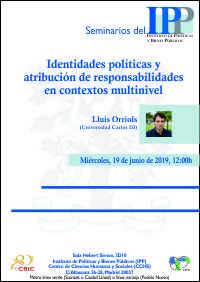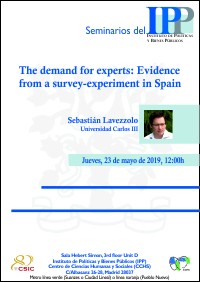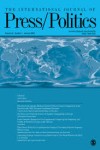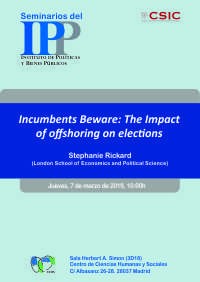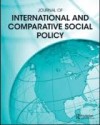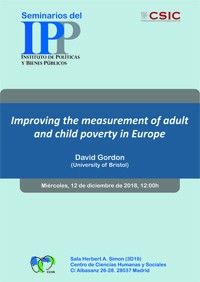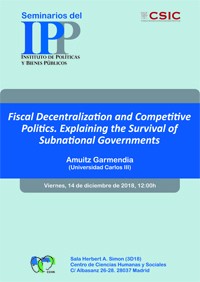Ferrín, M., M. Fraile y G. García-Albacete (2019). Adult roles and the gender gap in political knowledge: a comparative study. Published online 26 Mar 2019.
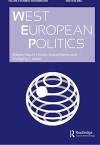
Abstract. The unusual size and persistence of the gender gap in political knowledge is perplexing in comparison to other dimensions of politics. Building on situational explanations of political engagement, this article claims that women’s and men’s specific adult roles lead to an enlargement of the gender gap in knowledge. The present study analyses men and women’s levels of political knowledge at different life stages by means of two unique datasets specifically collected to measure what people know about politics.



